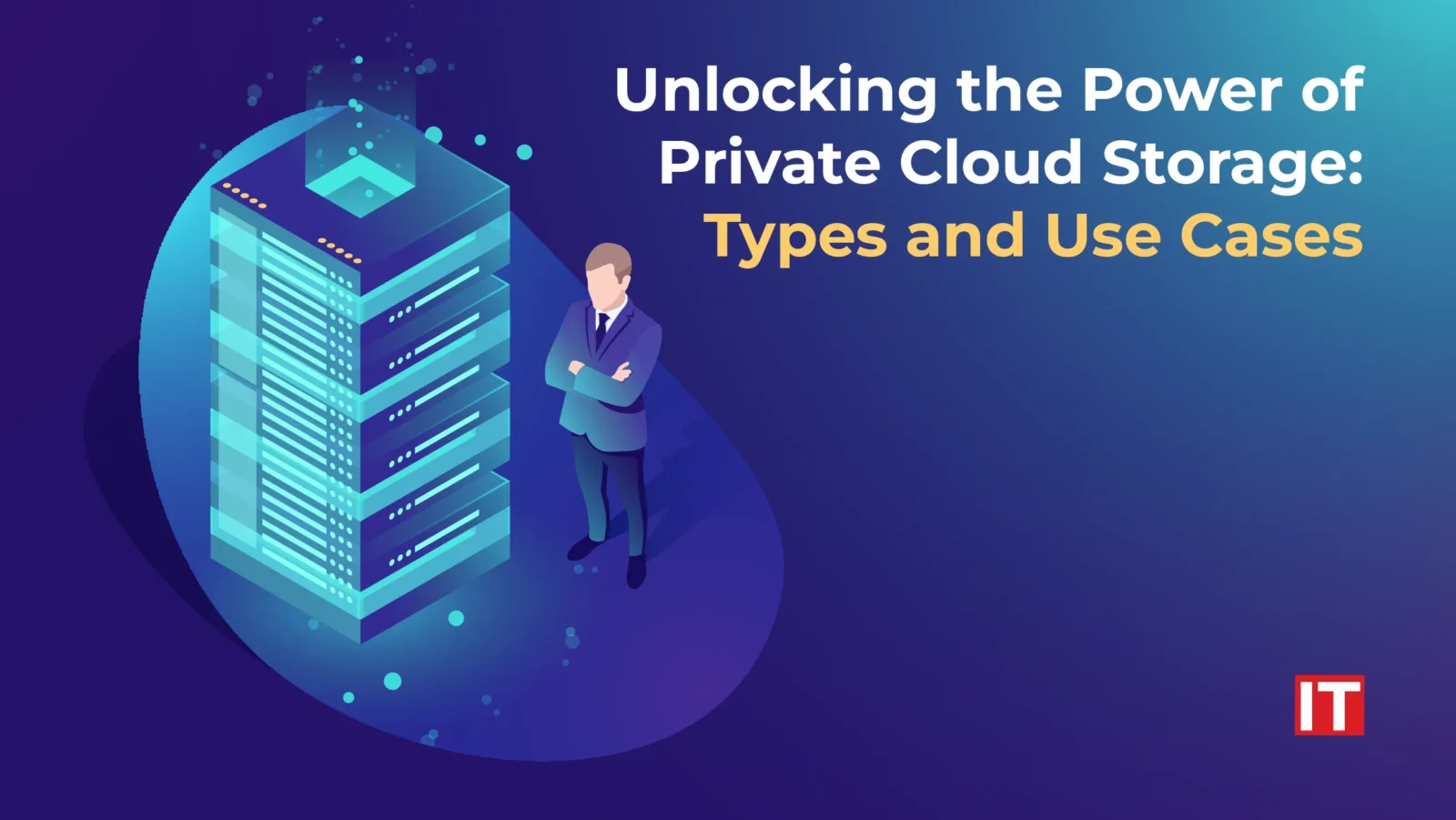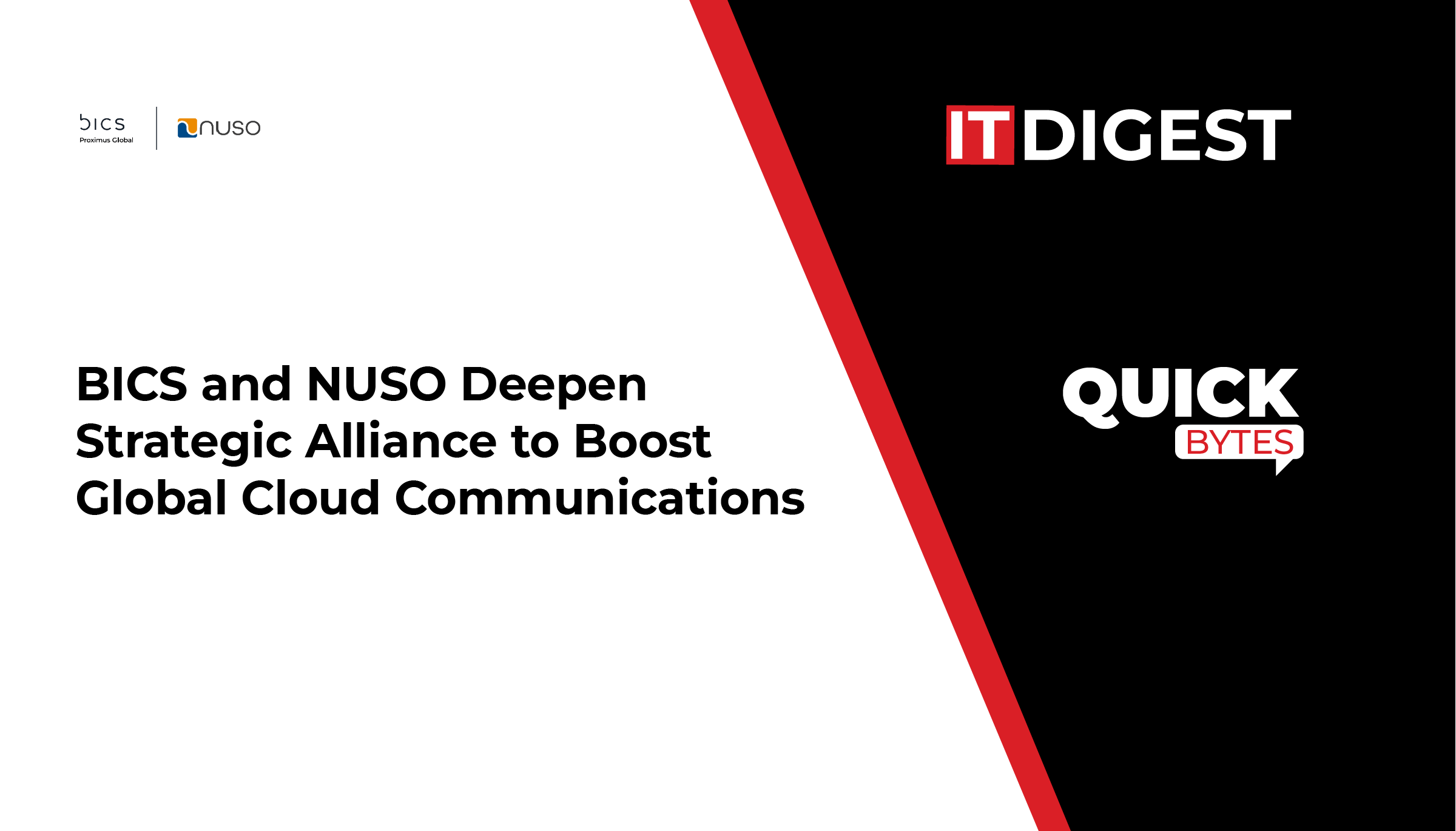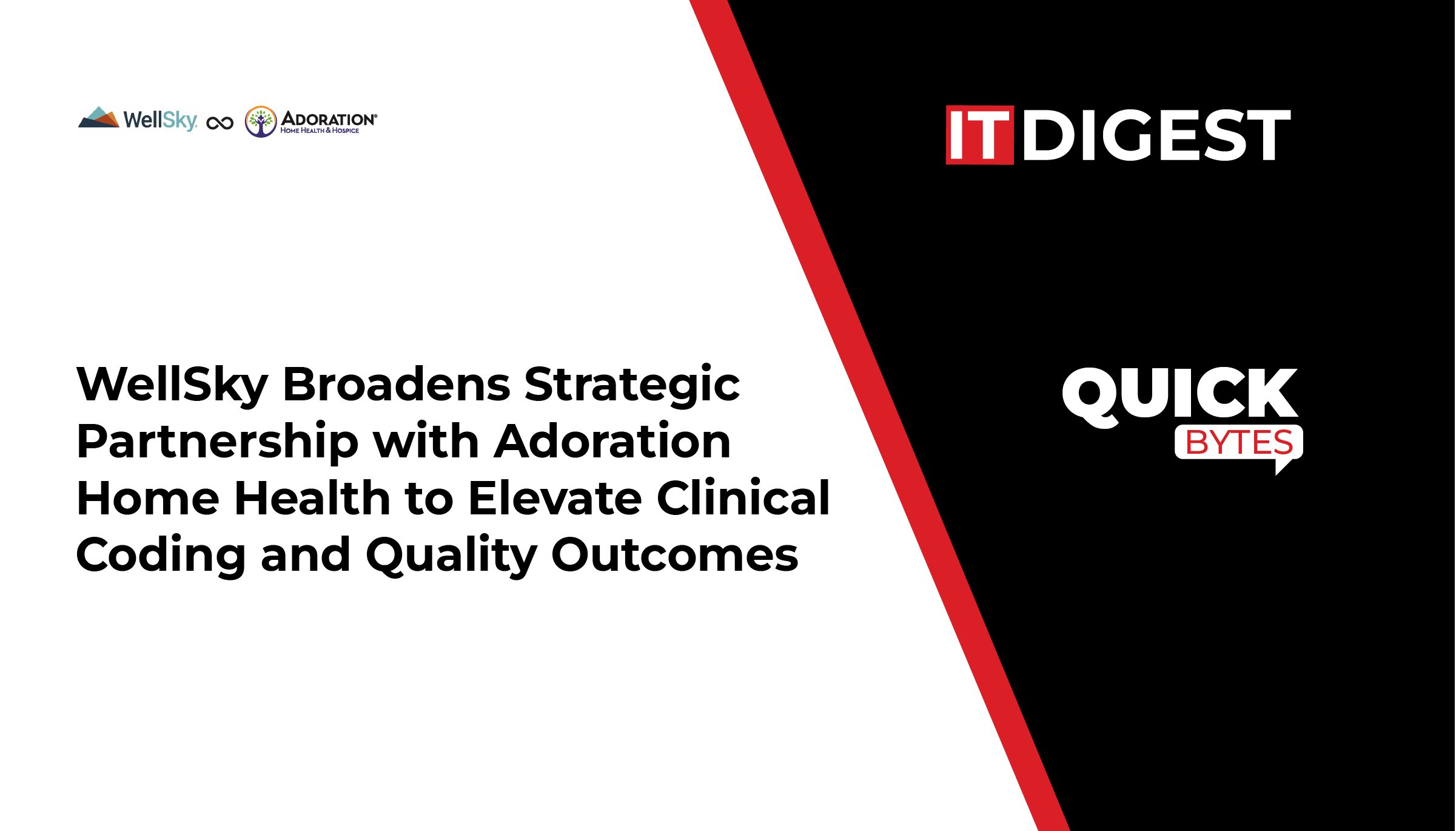If you’re struggling to find a secure and customizable storage solution that meets your organization’s specific requirements, private cloud storage is the solution. It is a game-changing solution that offers enhanced security, customization, and control over your data and infrastructure. In today’s digital age, businesses face increasing challenges when it comes to storing and managing their valuable data. Public cloud storage may not always provide the level of security and control you need. That’s where the private cloud comes in, offering a dedicated and tailored storage environment that addresses these concerns. According to studies about 84% of companies use public cloud. Let’s dive deeper into the topic and explore its benefits and features.
What Is Private Cloud Storage?
The term “private cloud storage” describes a cloud deployment strategy in which proprietary resources are used to host cloud computing services and infrastructure in a private setting inside an organization’s own intranet or data center. It offers the convenience, scalability, and flexibility of cloud storage architecture; however, in contrast to public cloud storage, it is owned by a single business and its approved external partners and is not publicly accessible.
Private cloud storage comes with several benefits, such as improved data security and management, more customization possibilities, and regulatory compliance. Sensitive information is kept safe since it gives businesses total control over their infrastructure and data.
Also Read: What is Big Data Architecture? A Comprehensive Guide
Types of Private Cloud
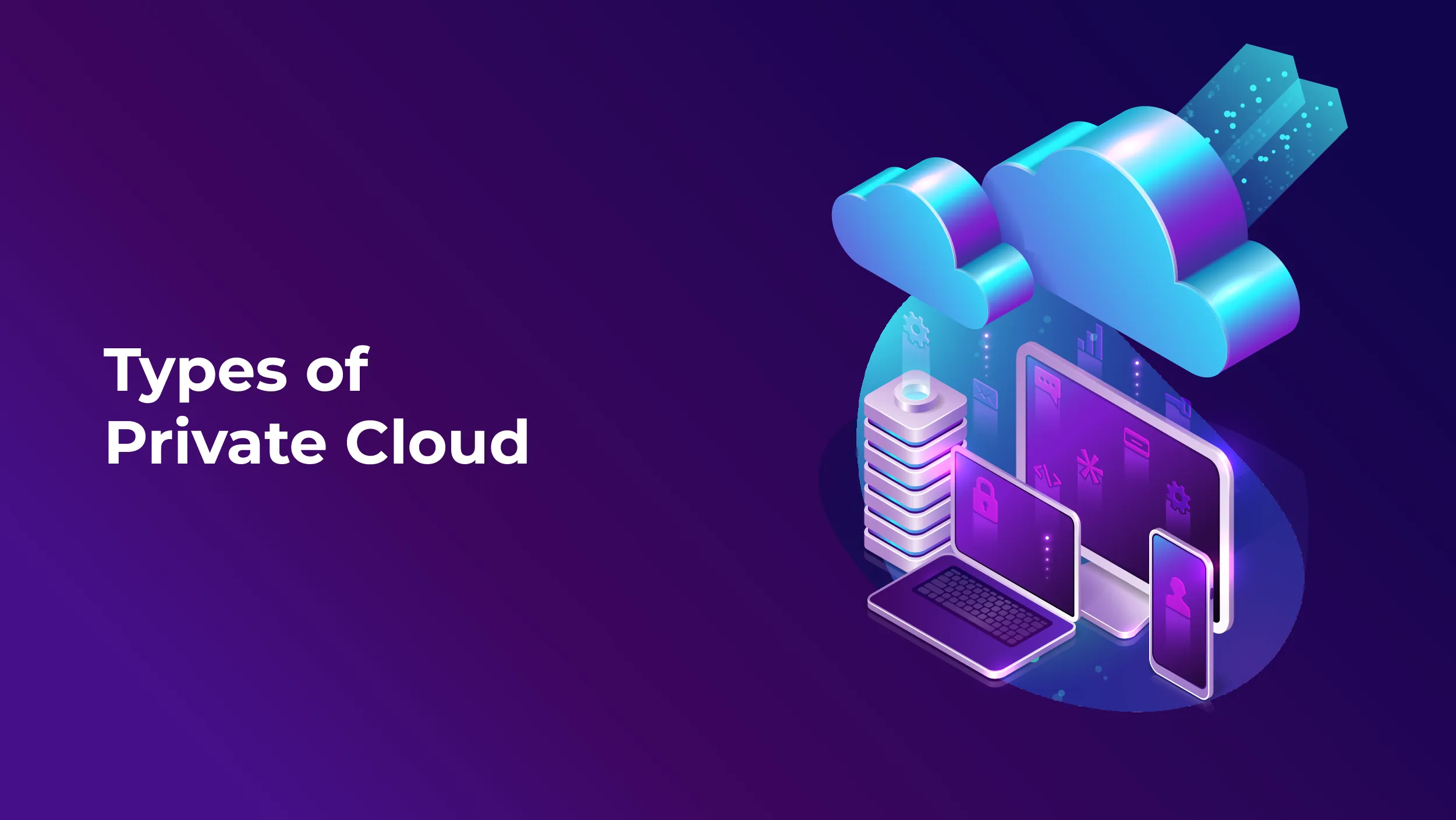 Depending on who manages the private cloud environment and where the cloud solution is hosted, a private cloud can be classified into four major types. Let’s dive into each one in detail.
Depending on who manages the private cloud environment and where the cloud solution is hosted, a private cloud can be classified into four major types. Let’s dive into each one in detail.
- Virtual Private Cloud: A virtual private cloud (VPC) combines the benefits of a private cloud—such as more control and an isolated environment—with the resources of a public cloud. Although “private cloud” and “virtual private cloud” are often used interchangeably, they have key differences. In a traditional private cloud, a company’s internal IT department acts as the service provider and individual business units act as tenants. Conversely, in a VPC model, a public cloud provider acts as the service provider, and the cloud users are its tenants. Essentially, a VPC is a hybrid model of cloud computing where a private cloud solution is delivered within a public cloud provider’s infrastructure.
- Managed Private Cloud: A managed private cloud is a private cloud architecture where an external firm manages the infrastructure without sharing it. It is also known as a single-tenant or dedicated cloud. The provider manages the private cloud’s support, maintenance, upgrades, and even remote control. In other cases, the vendor not only manages the software that runs on the cloud but also provides full cloud management services.
- Hosted Private Cloud: It offers cloud servers in its own data centers and manages security. In this model, users gain access to additional resources, support teams, high-demand scalability options, and user-friendly dashboards for server management. This setup provides a blend of private cloud security and public cloud flexibility, managed by the hosting vendor.
- On-Premise Private Cloud It allows organizations to host their cloud environment internally, requiring an internal data center to house the cloud server. This model is highly secure, as it is internally hosted and managed by the organization’s IT department. The organization retains complete control over its servers’ security, configurations, and scalability, making it a suitable option for businesses with stringent security requirements and specific compliance needs.
What Are the Features of Private Cloud Storage?
- Enhanced Security: Provides rigorous control over data access and infrastructure, reducing the risk of breaches.
- Customization and Control: Allows tailored configurations for optimal performance and efficiency.
- Compliance and Regulatory Requirements: Meets strict industry regulations while maintaining data sovereignty.
- Scalability: Offers flexible storage expansion without reliance on external providers.
- Performance and Reliability: Ensures dedicated resources for consistent, optimized performance.
- Cost Considerations: While requiring initial investment, it proves cost-effective for organizations with stable storage needs over time.
6 Use Cases of Private Cloud Storage
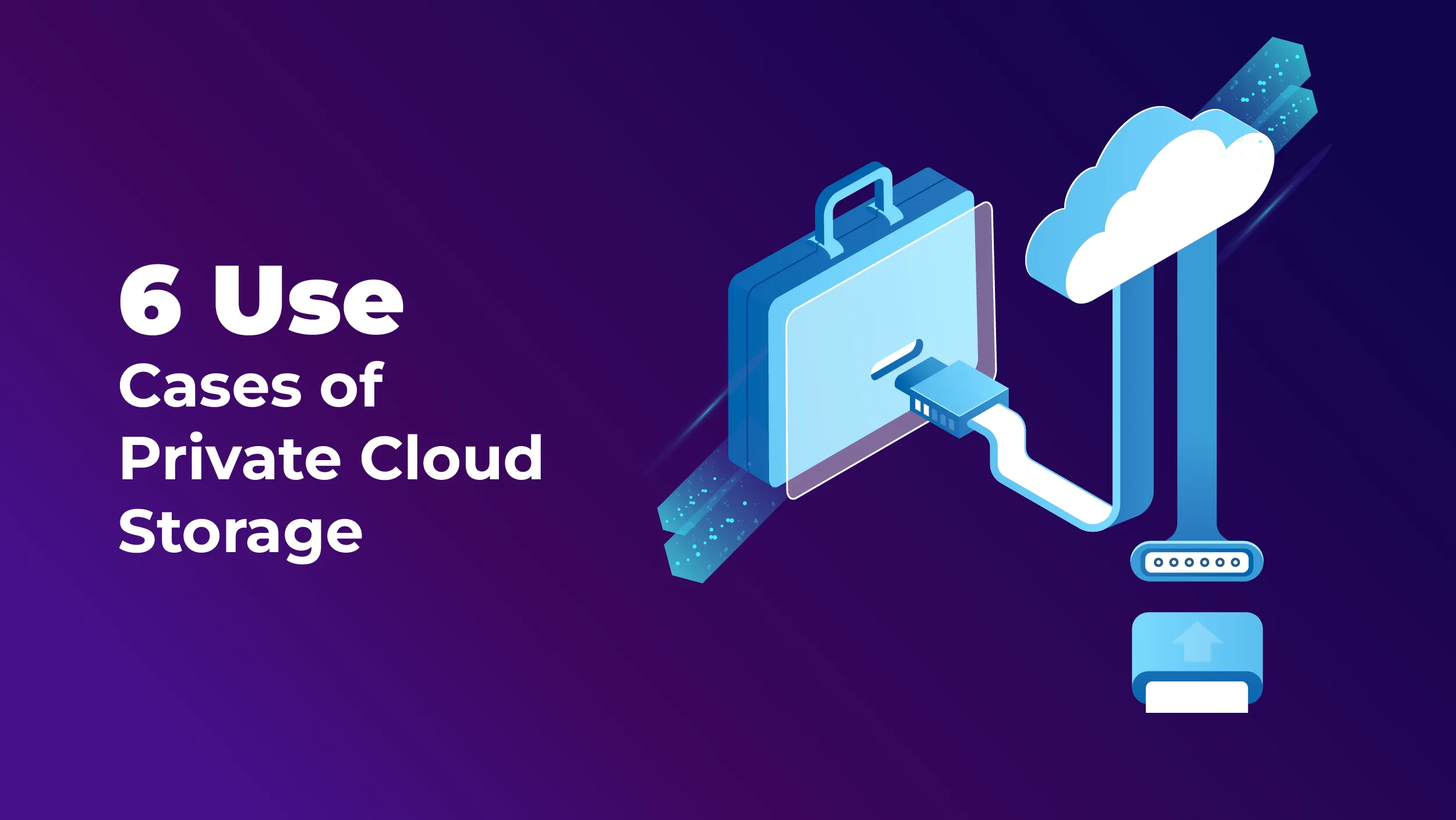 1. Application Modernization
1. Application Modernization
Private cloud solutions are pivotal in the modernization of applications, particularly legacy systems that require updates to meet contemporary technological standards. This is critical across various industries where outdated software can impede efficiency and innovation. By transitioning to a private cloud environment, organizations can benefit from enhanced scalability, improved performance, and streamlined management of customized workloads tailored to their specific operational needs.
2. Data Privacy and Compliance
Industries handling sensitive information, such as healthcare, finance, and sectors subject to regulatory standards like oil and gas, prioritize data privacy and compliance. Private clouds provide a secure environment with restricted access, essential for safeguarding confidential data and adhering to stringent regulatory requirements. This ensures that sensitive information remains protected against unauthorized access and potential breaches, maintaining trust and compliance within highly regulated sectors.
3. Edge Computing
Edge computing revolutionizes data processing by enabling localized data analysis closer to its source, thereby reducing latency and enhancing response times. This approach is particularly advantageous in sectors like healthcare, where real-time data insights are crucial for patient care and operational efficiency. Deploying private cloud solutions at the edge facilitates efficient management and analysis of data generated from remote locations or IoT devices, minimizing security risks associated with data transmission while optimizing operational performance.
4. Generative AI
The integration of generative AI within private cloud environments empowers organizations to conduct advanced data analysis and anomaly detection. Security-focused sectors, including cybersecurity and financial services, leverage generative AI models to proactively monitor and identify potential threats in real time. This proactive approach strengthens cybersecurity measures by swiftly detecting and responding to security breaches, thereby fortifying the security posture of private cloud infrastructures and safeguarding sensitive data.
5. Hybrid Multicloud Strategy
In today’s digital landscape, many organizations adopt a hybrid multi-cloud strategy to optimize flexibility and performance. This approach allows businesses to capitalize on the strengths of both private and public clouds based on the specific requirements of each workload. 92% of businesses combine public and private cloud service providers in a multi-cloud strategy. For instance, storing sensitive customer data in a private cloud ensures data privacy and regulatory compliance, while leveraging a public cloud for routine computing tasks enhances scalability and cost-efficiency. This hybrid approach empowers organizations to achieve a harmonious balance between security, performance, and operational agility.
6. Increased Data Transfer Rates
Industries reliant on rapid data transfer rates, such as healthcare providers and emergency response teams, derive substantial benefits from private cloud solutions. By facilitating high-speed data transmission, private clouds enable swift and efficient sharing of critical information during emergencies. This capability significantly improves response times, enhances decision-making processes, and optimizes operational outcomes in time-sensitive scenarios, ultimately contributing to improved service delivery and organizational resilience.
Winding Up
To sum up, private cloud storage gives businesses better control, security, flexibility, and compliance options. Because of its scalability, performance, and dependability, it is a desirable choice for companies with particular storage requirements. In the long term, private-based cloud storage may prove to be a more economical option, despite the potential upfront costs. Private cloud storage, with all of its advantages, allows businesses to take full control of their infrastructure and data while utilizing the benefits of cloud storage architecture.






























